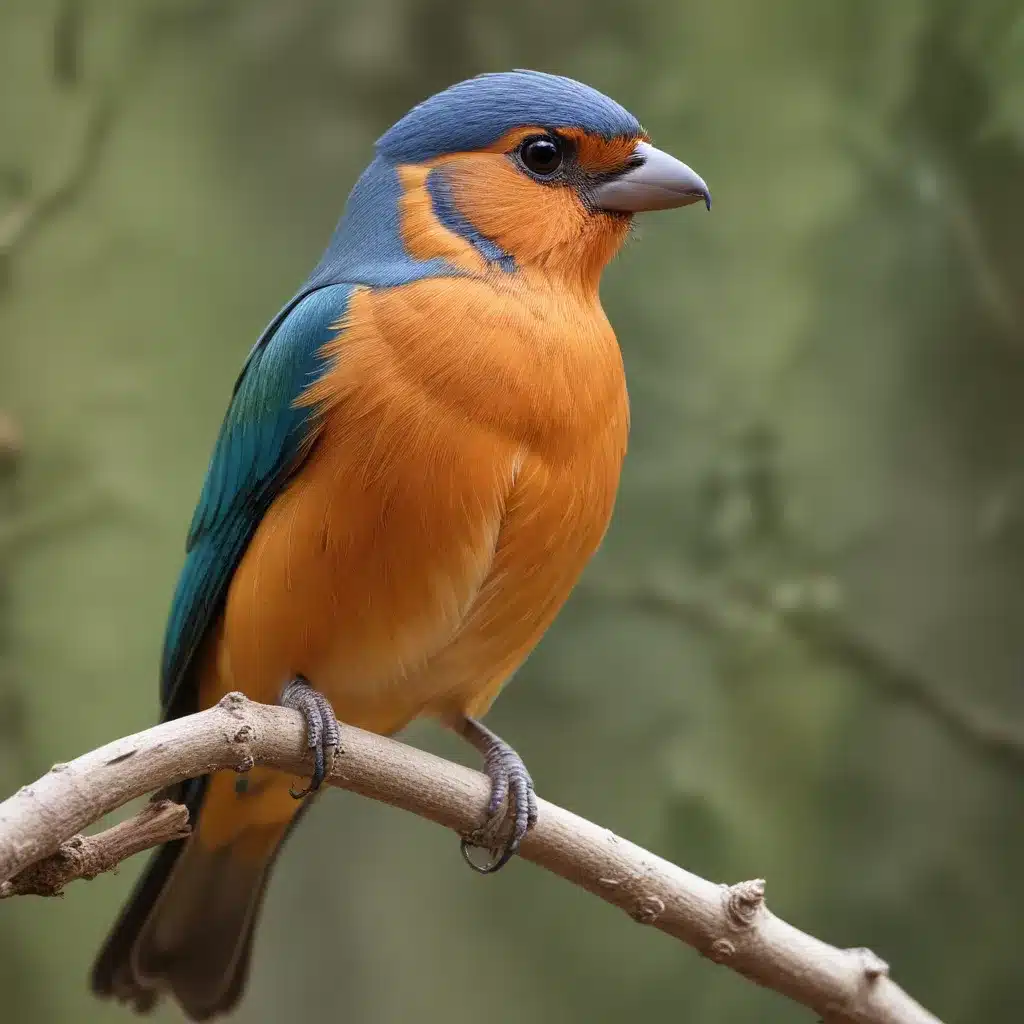
As an experienced avian caretaker and expert in the field, I’ve encountered a wide range of misconceptions about bird ownership. From dietary requirements to legal considerations, there are many common myths that can deter potential bird owners or lead to improper care. In this comprehensive article, I’ll address and debunk several of the most prevalent myths, providing you with the facts and guidance needed to become a responsible and informed bird owner.
Avian Species Diversity
Common Bird Species
One prevalent myth is that birds make for simple, low-maintenance pets. While it’s true that some common bird species like parakeets, cockatiels, and canaries can be excellent companions, they still require specialized care and attention. These birds have unique nutritional needs, behavioral patterns, and environmental requirements that must be properly addressed to ensure their well-being.
Rare and Exotic Birds
On the other end of the spectrum, many people believe that exotic or rare bird species are too challenging to keep as pets. While it’s true that some of these birds, such as macaws, cockatoos, and toucans, have more complex needs, they can make incredibly rewarding companions with the right level of commitment and preparation. Responsible ownership of these species involves extensive research, specialized housing, and a deep understanding of their specific requirements.
Avian Housing and Habitat
Cage and Enclosure Requirements
A common myth is that birds can thrive in small cages or enclosures. In reality, birds require ample space to move, stretch their wings, and engage in natural behaviors. Proper cage sizing is crucial for the bird’s physical and mental well-being. For example, a cockatiel should have a minimum cage size of 24″ x 24″ x 24″, while larger species like macaws may need an aviary or outdoor enclosure. Failing to provide adequate space can lead to stress, feather plucking, and other behavioral issues.
Outdoor Aviaries and Aviaries
Another myth is that birds can be kept outdoors without any special considerations. While some species, like cockatiels and budgies, may be able to acclimate to an outdoor aviary, many tropical and subtropical birds require a carefully controlled environment to thrive. Factors such as temperature, humidity, and protection from predators must be meticulously managed to ensure the bird’s health and safety.
Avian Nutrition and Diet
Appropriate Food and Feeding
One of the most common myths about bird ownership is that they can thrive on a diet of seeds alone. While seeds are an essential part of a bird’s diet, they lack the necessary vitamins, minerals, and other nutrients required for optimal health. A balanced, species-appropriate diet, including a variety of fresh fruits, vegetables, and specialized pellets or formulated feeds, is crucial for maintaining the bird’s well-being.
Supplementary Nutrition
Another myth is that birds don’t require any additional supplementation beyond their regular diet. In reality, many birds, especially those in captivity, may benefit from targeted vitamin and mineral supplements to address potential deficiencies. Consulting with an avian veterinarian or experienced bird breeder can help you determine the appropriate supplementation for your feathered friend.
Avian Health and Welfare
Common Bird Diseases and Ailments
Many people believe that birds are inherently healthy and don’t require regular veterinary care. However, birds are susceptible to a wide range of diseases and ailments, from bacterial and viral infections to metabolic disorders and behavioral issues. Proactive preventive care, including routine check-ups and early intervention, is essential for maintaining the bird’s overall health and longevity.
Responsible Veterinary Care
Another myth is that avian veterinary care is too expensive or inaccessible. While it’s true that specialized avian medical services can be costlier than general pet care, the investment in the bird’s well-being is crucial. Responsible bird owners should research and identify qualified avian veterinarians in their area to ensure their feathered companions receive the specialized care they need.
Avian Behavior and Training
Natural Behaviors and Enrichment
One common misconception is that birds don’t require much in the way of enrichment or stimulation. In reality, birds are highly intelligent and social creatures that need a variety of environmental and behavioral stimuli to thrive. Providing appropriate toys, perches, and opportunities for natural behaviors, such as foraging and flying, is essential for their mental and physical well-being.
Positive Reinforcement Training
Another myth is that birds cannot be trained or that training is unnecessary. On the contrary, positive reinforcement training can be an incredibly effective way to build trust, improve behavior, and strengthen the bond between a bird and its owner. From basic obedience commands to complex tricks, training not only enhances the bird’s quality of life but also promotes a more harmonious and enjoyable relationship between the bird and its caretaker.
Avian Legal Considerations
Species Regulations and Permits
A prevalent myth is that bird ownership is entirely unrestricted and unregulated. However, many bird species, particularly exotic and endangered ones, are subject to various local, state, and federal regulations. Responsible bird owners must research and comply with all applicable laws and permitting requirements to ensure they are providing a legal and ethical home for their feathered companions.
Ethical Sourcing and Adoption
Another common misconception is that acquiring birds from unscrupulous sources, such as pet stores or backyard breeders, is acceptable. In reality, ethical bird ownership involves sourcing birds from reputable, licensed breeders or adopting from reputable rescue organizations. This not only helps to support responsible breeding practices and animal welfare but also ensures that the bird’s health and temperament are properly vetted.
By debunking these common myths, I hope to empower current and prospective bird owners to make informed decisions and provide the best possible care for their feathered companions. Remember, responsible bird ownership requires a deep understanding of the species’ unique needs, a commitment to their well-being, and a willingness to go the extra mile to ensure their health, happiness, and long-term success. For more information on bird care and ownership, be sure to visit Mika Birds Farm for a wealth of resources and expert guidance.


